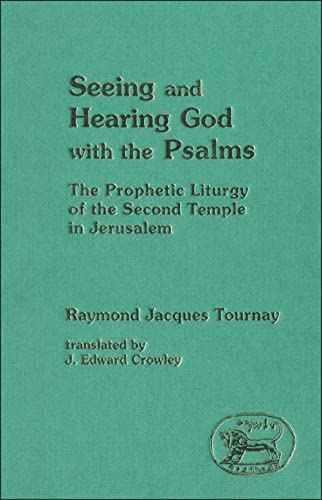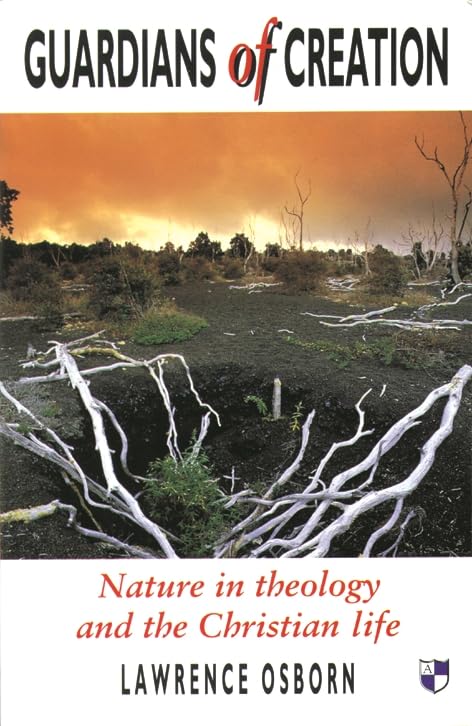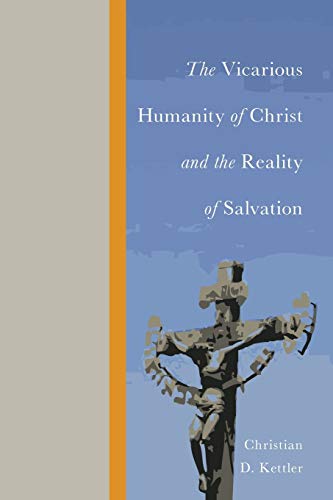Volume 19 - Issue 2
My pilgrimage in missiology
By Andrew KirkFor as long as I can remember, I have never really doubted that God is. It is true that during my school days this belief was formal and traditional. I went regularly to church and was duly confirmed, because my generation in my stratum of society still largely followed this custom. The experience of military conscription shook me out of a mere religious acquiescence: not to snuff out belief altogether, but to make me ask what was real after all. It was during this time, perhaps paradoxically given the circumstances, that I began to see that God was not remote and vague, but a personal being who wanted us to enjoy fellowship with him.
My new understanding of Christian faith led eventually to what I took to be a call to full-time ordained ministry. Three years at London University and two at Cambridge, studying theology, followed. Like most people studying theology in British universities at the beginning of the 1960s, I was introduced to a range of opinions from the most radical to quite conservative. Though some might see it as intellectual obduracy or naivety, I have never been impressed by the claims of many of the so-called critical methods applied to the biblical texts. I was more impressed by what seemed to me to be the inadequate, and often tendentious, evidence on which many ‘assured’ results were based and the speculative and hypothetical nature of many of the theories elaborated by biblical scholars. Much could be said about this. My own academic study of the Bible left me with one conviction and one question. The conviction is that, after taking due regard for historical context and for grammatical and literary rules, biblical texts should be understood in the first instance for what they purport to be. Fancy attempts at reconstructing possible historical scenarios should be a last resort, only attempted if the natural meaning of a text seems to be hopelessly contradictory or absurd. It is my experience that this is rarely, if ever, the case. The question concerns the true meaning and operation of a critical method. This is a vast but neglected subject: what is true criticism? Not every method that calls itself critical is necessarily self-critical. The context and genesis of criticism (in all disciplines) needs to be thoroughly investigated, so that we do not end up being judge and jury in defence of our own view of it. Even if it were appropriate to use the term ‘scientific’ of the methods used in biblical criticism, I find it hard to see what, in practice, it has in common with the method applied in the natural and exact sciences. Perhaps we need to be specially cautious about a term, like critical, when it has gained a prestigious connotation in a particular (academic) culture.
Towards the end of my time in Cambridge, Bishop John Robinson published his notorious book Honest to God, which called into question orthodox views of God. In many ways his theses became the symbols for a carefree and cavalier approach to most of the basic tenets of the historic Christian faith. Another Cambridge don, Don Cupitt, expresses a certain logical progression from the beliefs of the bishop in Taking Leave of God. At almost exactly the same time I came to know for the first time Dr Francis Schaeffer, of the L’Abri Fellowship in Switzerland. He was to influence my thinking considerably in the next ten years or so. I continue to be indebted to many of his powerful insights into the nature of the predicament of contemporary secular culture and to the ways in which he has encouraged Christians to respond, first put into writing in the book The God who is there (published 25 years ago, in 1968). I first met Dr Schaeffer in Cambridge, when he had been invited to give an open lecture on Bishop Robinson’s controversial and somewhat sensational book. What most impressed me about his approach was the ability to show how John Robinson’s thought was the consequence of a particular progression of intellectual life over some 200 years, based on assumptions imbibed from a powerful intellectual milieu. Careful historical investigation of the development of ideas, laying bare underlying presuppositions, was a much more powerful response to blatant heterodoxy than shouts of ‘scandalous’!
For a number of reasons I found Schaeffer’s approach to what we should call apologetics stimulating, even exhilarating. First, for the emphasis put on presuppositional thinking, i.e. the care that is needed to discover and open up the primary assumptions upon which people seek to build their rational arguments. The conclusions to which anyone may come in building an intellectual system are as convincing as their starting-point. Secondly, for demonstrating that a sceptical view of Christian belief has no prior claim to be heard over the historical faith, since all criticism is also based on a faith-conviction, which in turn needs to be argued and defended against doubt. Thirdly, for showing that the whole of human life, including the arts and sciences, political and economic life, is a necessary place in which the gospel is to be expressed. Above all, perhaps, for the significance given to the reality, beauty, wholeness and liberating power of truth. Schaeffer constantly argued, against the massive cultural drift of our times, that truth was an objective reality and the source of true freedom in all human affairs. The rigorous intellectual discussion was backed by the L’Abri community’s desire to practise the whole unity of truth, not only in rational debate, but in worship, prayer, the way of regulating life in community, in ministering to people in distress and in seeing people’s lives transformed from the anguish and self-destruction of absurdity to the joy and purposefulness of belonging to and following Jesus Christ.
Early in 1967, after three years in an Anglican parish in North London (where I met my wife-to-be), I went to Mexico for four months of language study and cultural orientation. Here began for me quite another adventure. Many aspects of the next 12 years, spent in Latin America, principally in Argentina, were to affect quite profoundly my life and thought. I will try to summarize these briefly. Living and working in another culture forced me to learn to see things through the eyes of those who do not share the Euro-centred perspectives which had formed my horizon up to then. Having to express oneself in another language (albeit a European one), to be sensitive to other cultural practices, to appreciate other ways of looking at the world was an immense, and often painful, learning experience. Although Argentina is a sophisticated society (it used to boast more magazines than any other country, and Buenos Aires more theatres than any other city), and although potentially it is a rich country, economically it belongs to the ‘South’ rather than the ‘North’. It is one of the largest debtor nations, has suffered hyper-inflation for many years, and experiences a high percentage of unemployment, with many families struggling to survive. I lived in, was part of, a non-Western economy; I did not just read about it. Moreover, on many occasions both there and in other parts of the continent I witnessed first hand the reality of acute poverty and the cycle of despair which it frequently causes. I was forcefully made aware by everyday circumstances of the ideological struggle that raged in the 1960s and 1970s throughout Latin America. As a growing family, we lived through what was virtually a civil war in Argentina, with several powerful guerrilla groups scoring major successes against successive governments. We also experienced the first three years of the so-called ‘dirty war’ with its ugly phenomenon of the ‘disappeared ones’ (los desaparecidos).
My arrival in Buenos Aires coincided with the first stirrings of liberation theology. For the rest of the time I was there and, of course, subsequently this has constituted a fundamental part of the missiological agenda. I did research and wrote a thesis on the use made of the Bible by significant representatives of liberation theology. In some ways the ideological suspicion used both as a means of social analysis and of discerning right action is similar to the philosophical suspicion practised by Dr Schaeffer in his analysis of Western society and in his quest to answer biblically, how should we then live? At the same time, I became one of the founding members of the Latin American Theological Fraternity: a group of people committed to developing a missiology in the evangelical tradition appropriate to the situation of Latin America. Leading members of the Fraternity were both supportive of and critical towards liberation theology. The interaction between a fresh approach to my evangelical heritage and liberation theology has been, and continues to be, for me an exceedingly creative part of my pilgrimage. In particular it has forced me to wrestle long and hard with hermeneutical questions, which are questions about the text, faith, the faith, ideology, culture, context and practice.
In more recent years, from about 1981 onwards, I have begun to grapple with some of the questions thrown up by living in an inter-religious, pluralistic world. My present thinking on a number of issues to do with popular religion, secularism, pluralism, plurality, truth, Jesus Christ and religion are set out in a book published in March 1992, Loosing the Chains: religion as opium and liberation (London: Hodder and Stoughton). My major conclusion is that neither religion nor religions are a necessary ally to Christian faith in its late 20th-century encounter with secular culture. The missiological questions inevitably raised by interaction with people of other faith may well throw light on how the Christian missionary encounter with Western culture should be conducted. However, I find that any notion which clusters all religions together on one side of a divide and secular, humanistic faith on the other is inappropriate. I do not believe that Christian faith belongs on either side of the divide, because when true to itself it refuses completely the sacred/secular divide projected in different ways by both religious and secular thought.
My pilgrimage has taken me into some of the most difficult areas of contemporary theology and mission: Christian apologetics in the face of the tacit commitment by large numbers of contemporary people to the secular view of reality, the relationship between the gospel and political life and between truth and the diversity of religions. By God’s grace the pilgrimage is by no means over.
Andrew Kirk
Andrew Kirk is Dean and Head of the Department of Mission in the Selly Oak Colleges, Birmingham UK.






